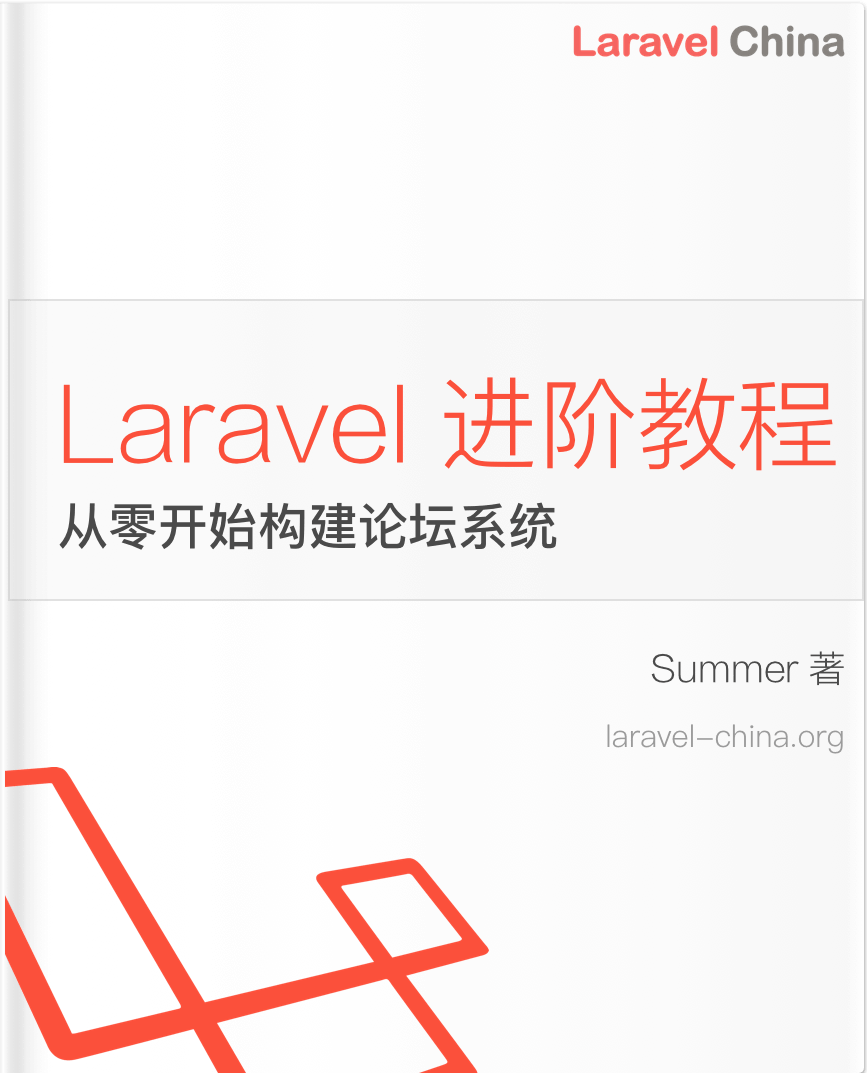请问联合唯一索引的 unique 规则该怎么写?
unique 验证规则
unique:table,column,except,idColumn对单个字段验证唯一性很有用,但是对联合唯一索引,该怎么去写验证规则呢?
例如下表:
CREATE TABLE `configs` (
`id` int(10) unsigned NOT NULL AUTO_INCREMENT,
`brand_id` int(10) unsigned NOT NULL COMMENT '品牌ID',
`modelpn_id` int(10) unsigned NOT NULL COMMENT 'modelpn ID',
`country_id` int(10) unsigned NOT NULL COMMENT '国家ID',
`created` int(11) NOT NULL COMMENT '创建时间',
`updated` int(11) DEFAULT NULL COMMENT '更新时间',
`deleted` tinyint(1) NOT NULL DEFAULT '0' COMMENT '0:正常 1:删除',
PRIMARY KEY (`id`),
UNIQUE KEY `configs_brand_id_modelpn_id_country_id_unique` (`brand_id`,`modelpn_id`,`country_id`),
) ENGINE=InnoDB DEFAULT CHARSET=utf8 COLLATE=utf8_unicode_ci COMMENT='联保配置';给 brand_id 、modelpn_id 和 country_id 三个字段建唯一索引,在表单验证的时候,unique 验证规则该如何去写呢?
实在不行就只能在写入数据库前,去查是否有这条数据了。





 关于 LearnKu
关于 LearnKu




推荐文章: